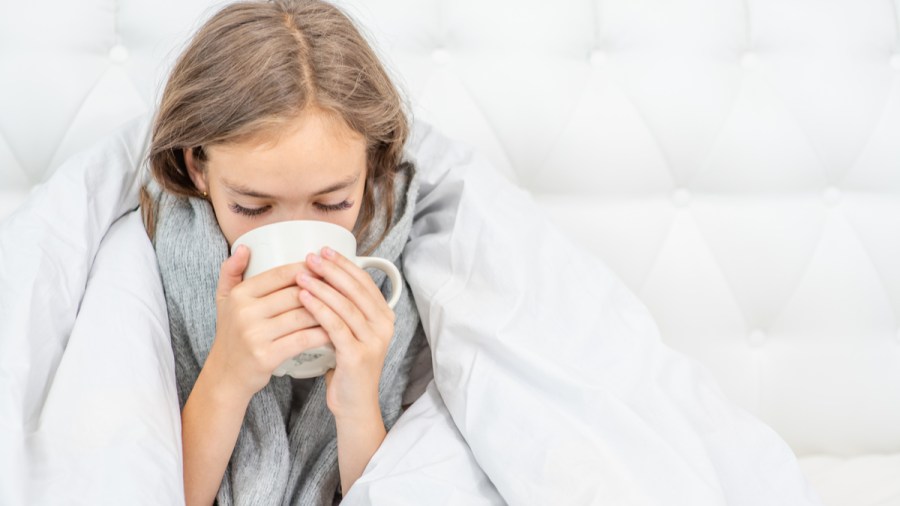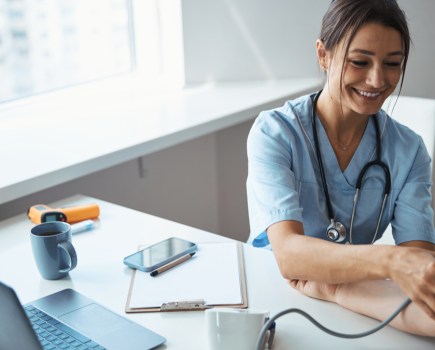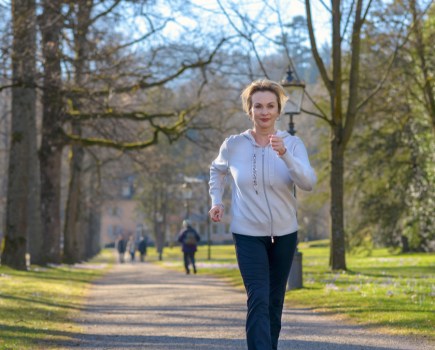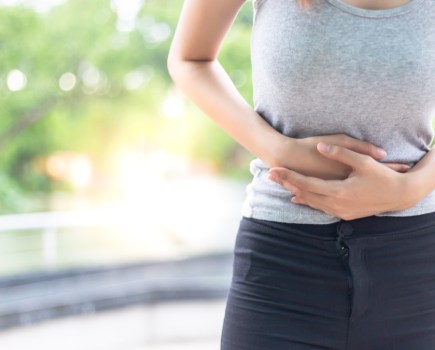Pneumonia is an infection that can cause the tissue in your lungs to be inflamed, resulting in a range of symptoms including breathing difficulties. Read on to find out more about the condition. However, this is no substitute for medical advice, so if you think you may have pneumonia, it is important that you see your GP to get a diagnosis and get the right treatment as quickly as possible.
There are different types of pneumonia, with different causes but most commonly it is caused by a bacterial or viral infection. The mildest cases won’t need hospital treatment, but remember it is a serious condition and potentially life-threatening, so get medical help if you think you have symptoms.
A medical practitioner will then be able to judge how severe your case of pneumonia is and whether you need to go into hospital.
There are steps you can take to help prevent pneumonia by making sure you are in the best of health to start with, and vaccinations can be used for the most vulnerable.
What is pneumonia?
It’s a type of chest infection. It causes inflammation of the tissue in your lungs and can be brought on by a bacterial infection, though there are a number of other causes. When you have pneumonia is makes it difficult to breathe.
Pneumonia is curable but it is a serious and potentially life-threatening condition, so if you have symptoms get medical help. You can get it in just one lung or in both of them. When you get it in both lungs it’s sometimes referred to as ‘double pneumonia’.
What are the causes?
Pneumonia is usually caused by a bacterial infection, but there are a number of other types, with different causes.
- Viral pneumonia can be caused by getting a virus.
- Aspiration pneumonia is where you get pneumonia after food goes down the wrong way or a person inhales vomit or a harmful substance such as a chemical or an object.
- Fungal pneumonia is caused by fungi. It’s rare in the UK and is more of a risk for those with a weak immune system.
- Hospital-acquired pneumonia is where you get it while in hospital for something else. It can happen when a person is on a breathing machine.
Pneumonia symptoms
- Difficulty breathing – patients may feel breathless even when they aren’t doing anything. The breath may become fast yet shallow.
- Coughing – this may produce yellow, green, brown or blood-stained phlegm.
- Rapid heartbeat
- Sweating
- Shivering
- High temperature
- Chest pain
In some less common cases, the person may cough blood, feel confused, feel or be sick, or experience headaches. If you have symptoms of pneumonia you need to get medical help. The NHS advises to call an ambulance if a person is struggling to breathe, coughs blood, is turning blue, becomes drowsy, feels cold and sweaty with pale or blotchy skin, has stopped peeing, has a rash that does not fade when you press a glass against it, collapses or faints or becomes confused or very drowsy.
How is it diagnosed?
Diagnosing pneumonia starts with checking the symptoms and examining your chest. The doctor will want to know about your breathing and whether it causes pain in your chest when you breathe in or out. They will ask about your cough and will want to know how long you have been coughing and if it brings anything up such as mucus and what colour it is. They will listen to your chest with a stethoscope and if there is fluid in your lungs they may be able to hear it. Depending on the severity of the pneumonia you may need an X-ray, mucus test, or blood tests.
What are the treatments?
Antibiotics
If your pneumonia is caused by a bacterial infection you may be prescribed antibiotics. It’s important to keep taking the whole course unless you’re told not to by your doctor, even if you start to feel better before you finish them. This is because stopping mid-way through a course of antibiotics can result in the bacteria gaining resistance to the medication. If your case of pneumonia is caused by a virus, antibiotics will have no effect though.
Treatment at home
If you have a mild case your doctor may decide that it is not necessary for you to go to the hospital for treatment. They may judge that you can manage at home if you have support there and with treatment from your GP. It’s important to rest and stay hydrated while you recover. However, keep an eye on your symptoms and if they worsen or concern you or do not improve, contact your GP.
If you are prescribed antibiotics while treating your pneumonia at home, finish the course. As you start to recover take plenty of rest and take things gradually.
Hospital treatment
If you have severe pneumonia you will probably need to go to the hospital. Again, antibiotics may be given if the pneumonia is thought to be a bacterial infection. Fluids may be given intravenously to make sure you are properly hydrated.
If you need help with your breathing you may be given oxygen and in serious cases, you may be put on a ventilator in intensive care.
If the condition has been caused by breathing in a foreign object a bronchoscopy may be carried out so that it can be removed. This procedure uses a bronchoscope to find and remove the object.
How long can it take to recover from pneumonia?
Recovery is different for everyone and is a gradual process, but according to the British Lung Foundation most of your symptoms should be gone after three months though you may still feel fatigued. After six months, they say, you should feel like your normal self.
How to prevent pneumonia
There are a number of things you can do to help prevent getting pneumonia.
- If you smoke this can make you more susceptible to pneumonia and other chest infections as well, so giving up smoking will help.
- Do all you can to avoid catching winter viruses as these can increase your pneumonia risk, so make sure you wash your hands regularly to avoid introducing those germs into your system.
- Looking after your immune system will help, so do all you can to support it – excessive alcohol intake can compromise your immune system, so ensure that you limit your intake.
- There are vaccinations for pneumonia, which are used for people who are at high risk and there are different vaccinations for adults and children.







